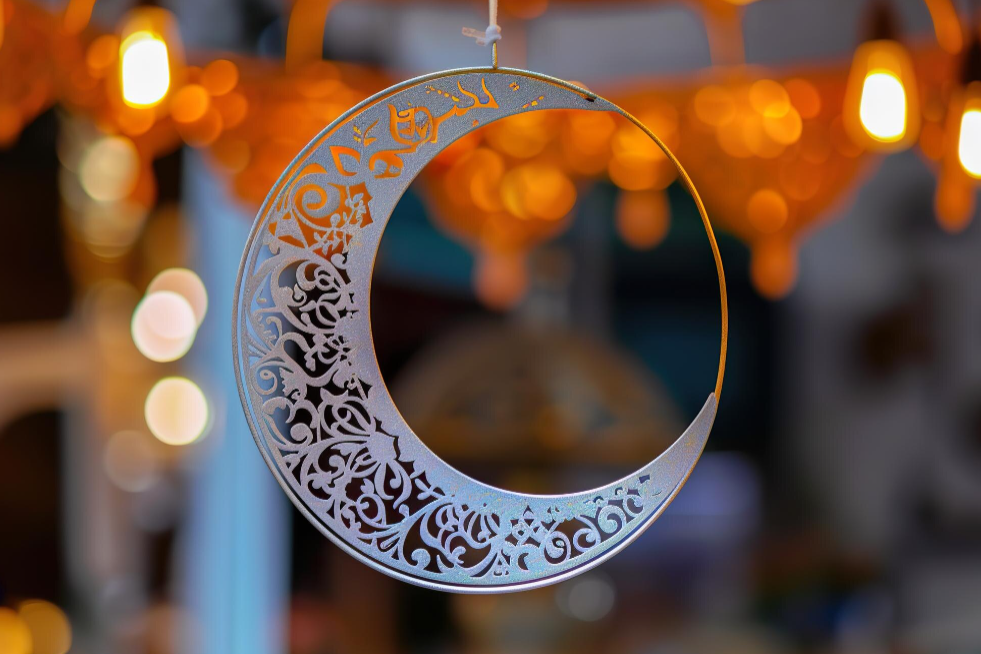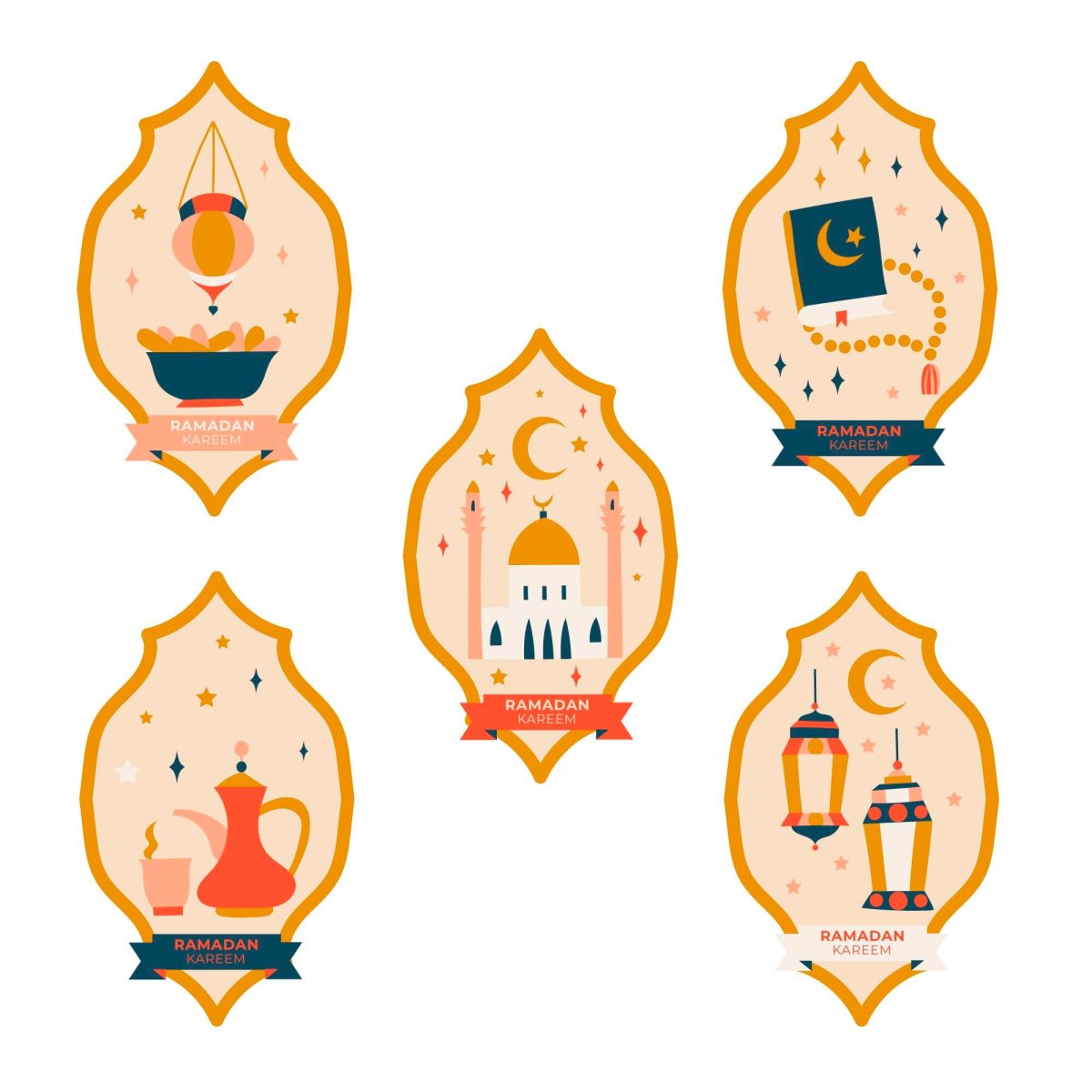
Ramadan is not just a time for abstaining from food and drink; it is an all-encompassing period that brings about a heightened focus on spiritual development, social responsibility, and self-restraint. Muslims around the globe observe this sacred month with dedication, using it as an opportunity to transform their lives, purify their souls, and gain a deeper consciousness of their Creator. In this extended blog, we explore the deeper layers of Ramadan, touching on aspects like forgiveness, community, self-restraint, and mental clarity.
The Essence of Fasting: Purification of the Soul
Beyond the physical fast, Ramadan is a spiritual journey that fosters deep inner reflection and soul purification. By abstaining from basic human needs like food and water, Muslims are reminded of their dependence on Allah (SWT) and are driven to seek forgiveness for their past mistakes and sins.
The Quran repeatedly emphasizes the importance of fasting as a tool for achieving Taqwa, or God-consciousness. As the hunger pangs set in during the day, the believer is encouraged to reflect on their spiritual state, to mend broken relationships, and to seek spiritual nourishment through the remembrance of Allah. This form of self-discipline acts as a reminder to be thankful for the blessings one enjoys and to cultivate empathy for those less fortunate.
Fasting is also viewed as a form of spiritual detox, clearing the heart of worldly distractions and focusing on the things that matter most. Through fasting, Muslims can recalibrate their relationship with the material world and reassert their devotion to Allah’s commandments. The Hadith mentions that Allah (SWT) rewards fasting uniquely:
"Fasting is for Me, and I alone will reward it" (Sahih al-Bukhari).
This illustrates that fasting is an act of worship that is purely between the individual and Allah, devoid of any outward displays for recognition.

The Role of Forgiveness and Mercy
One of the most beautiful aspects of Ramadan is the concept of seeking forgiveness. The first ten days of Ramadan are known as the "days of mercy," where Muslims are encouraged to seek the mercy of Allah. The middle ten days are for seeking forgiveness for sins, while the last ten days focus on being saved from the fire of Hell.
Muslims believe that Allah’s mercy is boundless during this holy month, and thus, Ramadan is a prime time to ask for forgiveness, not only from Allah but also from others. Forgiving others and seeking their forgiveness strengthens bonds within families and communities and fosters a sense of harmony. The Prophet Muhammad (PBUH) said:
"The one who does not show mercy to others will not be shown mercy."
Thus, mercy and forgiveness become central to the experience of Ramadan, as believers strive to cleanse their hearts and prepare for the eternal life to come.
Ramadan as a Time for Charity and Empathy
Ramadan places a strong emphasis on charity, known as Sadaqah and Zakat. One of the central themes of the month is developing empathy for the poor and those who face hunger and hardship daily. By experiencing hunger firsthand, Muslims are reminded of the constant struggles of less fortunate individuals, prompting them to give more freely and compassionately.
Beyond the mandatory charity of Zakat al-Fitr, voluntary acts of kindness and charity (Sadaqah) hold significant importance in Ramadan. Whether it’s feeding the poor, supporting a local cause, or helping neighbors, these acts of giving bring immense spiritual rewards.
Charity is seen as a purification of wealth and a reminder that worldly possessions are temporary. The Prophet Muhammad (PBUH) said:
"The best charity is that given in Ramadan" (Al-Tirmidhi).
Muslims understand that their wealth is a trust from Allah and that through charity, they can earn Allah's pleasure and help alleviate the struggles of those in need.

Building Stronger Communities
The communal aspects of Ramadan are particularly important. Muslims gather to break their fast during Iftar in mosques, homes, and community centers, strengthening bonds and fostering a sense of unity. Iftar gatherings bring families, friends, and even strangers together, highlighting the universal nature of Ramadan and the collective act of worship.
Furthermore, during Ramadan, there is a notable increase in volunteer work and communal support. Many mosques and Islamic organizations prepare meals for the needy, organize food drives, and host community events, all reinforcing the importance of working together to create a more just and equitable society.
The sense of belonging to a global community is powerful during Ramadan. Whether in small villages or large cities, Muslims unite in the shared experience of fasting, prayer, and charity, building solidarity across cultural, geographic, and socioeconomic divides.
Self-Restraint and Discipline
Fasting during Ramadan requires not only abstaining from food and drink but also controlling emotions, thoughts, and behavior. Muslims are encouraged to refrain from anger, gossip, lying, and any sinful activities. The act of fasting itself cultivates discipline, patience, and self-control - qualities that are essential for spiritual growth.
This practice of self-restraint goes beyond the hours of fasting and extends into daily life. Through fasting, Muslims learn to be mindful of their actions and words, developing habits that extend long after Ramadan ends. This heightened awareness of one’s thoughts and behavior helps believers maintain a state of Taqwa throughout the year.

Mental and Emotional Clarity
While Ramadan is often viewed as physically challenging, it also offers an opportunity for mental and emotional clarity. The structure of the day—rising early for Suhoor and ending the fast at Maghrib—creates a sense of mindfulness and focus. The act of fasting sharpens the mind, helping individuals prioritize their spiritual and emotional well-being over material concerns.
Many Muslims find that fasting increases their ability to focus on worship, prayer, and reflection. The absence of food and distractions helps to clear mental clutter, allowing for a deeper connection with Allah. This mental clarity often extends into other areas of life, promoting personal growth and a sense of peace.
The Spiritual Power of Prayer
During Ramadan, prayer takes on profound significance, becoming a central means of spiritual connection and renewal. Muslims are encouraged to increase their recitation of the Quran and engage in more voluntary prayers beyond the five daily Salah. One of the most distinctive features of Ramadan is the Taraweeh prayers, performed every night after Isha. These prayers involve lengthy recitations of the Quran, allowing Muslims to deeply reflect on its teachings and messages, fostering a closer bond with Allah.
For many, the physical act of prayer becomes a form of meditation, providing solace and grounding in the fast-paced world. The repetitive movements and recitations help calm the mind and align one's heart with the divine. Prayer during Ramadan serves not only as a religious obligation but also as a spiritual retreat where Muslims can pause, reflect, and find peace in the remembrance of Allah. It is a time to purify the soul, focusing on inner transformation and aligning one's actions, intentions, and thoughts with divine purpose.
An important tool in Islamic prayer and meditation, particularly during Ramadan, is the use of the misbaha or prayer beads. The misbaha often consists of 99 beads, representing the 99 names of Allah, or 33 beads, with the intention to recite phrases of glorification (such as SubhanAllah, Alhamdulillah, and Allahu Akbar) in sets of 33. These beads serve as an aid for keeping count during dhikr (remembrance of Allah), allowing Muslims to stay focused and engage more deeply in their worship.
Amber rosaries hold a special place in this practice. Amber, a natural gemstone with unique properties, has been used for centuries in Islamic cultures as material for prayer beads. The warm, lightweight nature of amber makes it ideal for long sessions of prayer and reflection. Believers often feel a spiritual connection to the natural origin of amber, as it is said to provide calming energy, helping with focus during prayers.
Ramadan is more than just a religious obligation—it’s a holistic spiritual, mental, and social journey that transforms the lives of Muslims. Through fasting, prayer, charity, and community, Muslims aim to grow closer to Allah, purify their souls, and develop habits that will last throughout the year.
The lessons learned during Ramadan—patience, empathy, self-discipline, and gratitude—are designed to guide Muslims on their lifelong journey of faith. The month leaves an everlasting imprint on the believer’s heart, serving as a reminder of the importance of spiritual reflection and the value of nurturing a strong relationship with Allah.




 Jewelry
Jewelry Silver amber jewelry
Silver amber jewelry Amber pictures
Amber pictures Souvenirs
Souvenirs